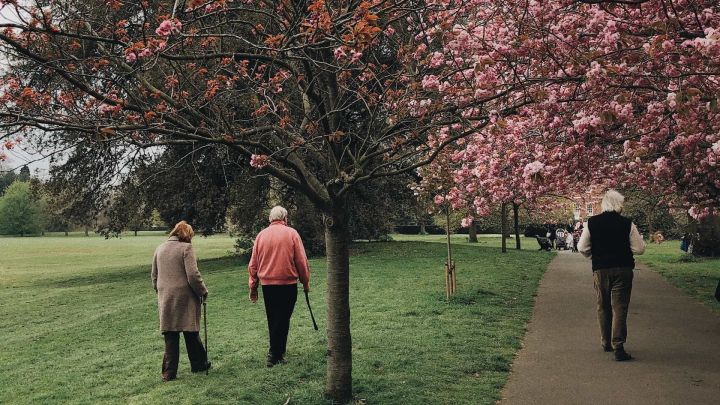Severe memory loss, not knowing people, walking aimlessly, getting lost, not being able to take care of oneself, or even being bedridden and incontinent are common clinical manifestations of severe dementia.

01 Prevent loss
Wear an ID card or bracelet or a jacket with identification information on it to help passers-by identify the elderly person and contact family members.
02 Prevent burns
Always keep the elderly away from the kitchen and avoid contact with hot water bottles, water heaters and other equipment.

03 Prevent poisoning
Keep items that can cause accidental poisoning, such as medicines and detergents, out of the reach of the elderly; always keep the elderly away from the kitchen and strictly control the gas pipes to prevent gas poisoning.
04 Prevent colds and flu
Patients with Alzheimer's disease often have poor perception of changes in the environment and dress indiscriminately, resulting in cold and flu, or even serious lung infections due to lack of attention from family members and prolonged bed rest.
05 Prevent complications
Patients who are bedridden should be turned and patted on the back regularly to prevent lung infections and bed sores. In the later stages of the disease, patients may have swallowing problems, which may lead to asphyxia and lung infections. For patients with urinary and faecal incontinence, care should be given to the perineum to prevent urinary tract infections from aggravating the condition.

06 Taking other illnesses into account
Carers should not neglect patients with dementia who are suffering from other illnesses. They should actively monitor the relevant indicators for them and actively intervene in their treatment.
Warm tips
1. Do not forcefully stop the elderly person from walking around. As a carer, you can plan ahead and walk with the elderly person.

2. If the patient insists on eating again after having just eaten, no matter how much the family members persuade him/her, you may offer some sweets or snacks to satisfy the request.
Most elderly people with dementia are older, but their behaviour is similar to that of a young child.






